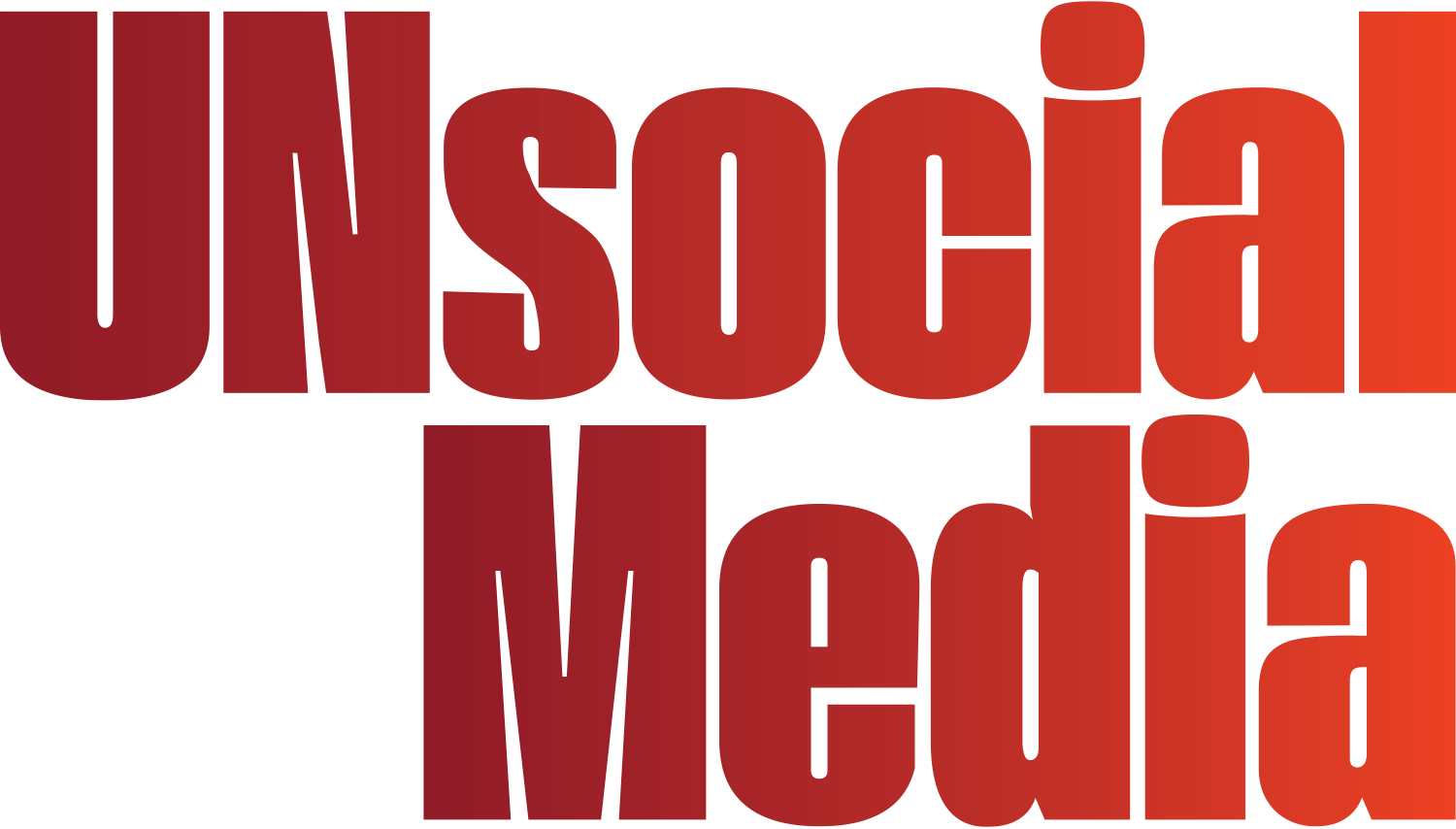

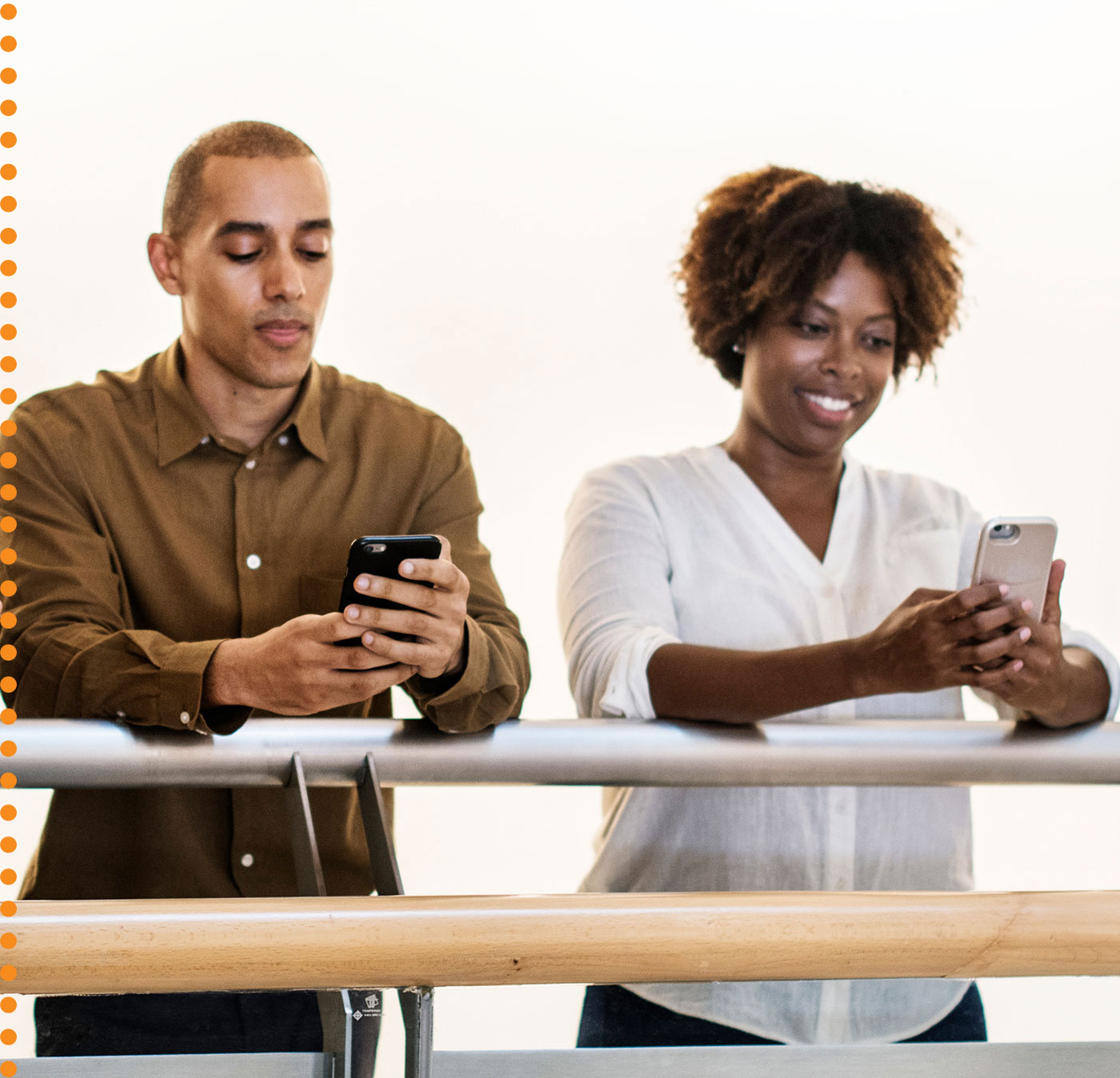
 ears ago, just before the highly-anticipated release of the iPad, the late Steve Jobs was asked by a journalist, “So, your kids must love the iPad?” The journalist assumed, of course, that the children of the founder of Apple must enjoy unrivaled screen time with constant access to the latest tech devices.
ears ago, just before the highly-anticipated release of the iPad, the late Steve Jobs was asked by a journalist, “So, your kids must love the iPad?” The journalist assumed, of course, that the children of the founder of Apple must enjoy unrivaled screen time with constant access to the latest tech devices.
Well, not exactly. Steve Jobs explained in the interview that his children had never used an iPad! Not once. Far from being a house littered with devices where all eyes are continually glued to screens, the home of the CEO of Apple was a place where you would find family members eating meals together and conversing about meaningful things.
For the rest of us, though, it seems that entertainment and social media have almost totally saturated our lives. And that begs the question: Is it possible that modern media, even with all of its benefits and conveniences, has become the greatest distraction from the things most meaningful in life?
The average teen now spends 9 hours per day on entertainment and social media, with the average parent logging nearly 8 hours per day. Even toddlers now use mobile devices; 97% of them are being given regular screen time, most of them with zero interaction with their parents while using the media. The average child will spend more time watching television by the age of 6 than he will spend in conversation with his father in his entire lifetime.
Deuteronomy 6:7 portrays human relationships in a very different way. Rather than merely being a shallow, screen-based social experience of text messages and social media posts, God designed the family to be a place where, as a family, you “talk of [God’s commandments] when you sit in your house, when you walk by the way, when you lie down, and when you rise up” (NKJV). Morning and evening, throughout the day, walking and talking, eating and worshipping together.
Fast forward to the 21st century where researchers were astounded at what they found when they examined the brains of enthused iPhone users. The brain scans showed a brain that was in a literal love relationship… with the iPhone — not that they just liked the phone or merely enjoyed the phone — but literally, while interacting with their phones, the same brain circuitry was activated as when you are interacting with and loving a family member or spouse!

When we start having a love relationship with a piece of hardware, while spending less and less time with our loved ones, it becomes apparent that Matthew 24:12 is being fulfilled—in the last days “the love of most will grow cold” (NIV).
It is a terrible irony that social media, supposedly having produced the most socially connected generation in history, has only given rise to the highest rates of loneliness ever recorded. It comes as no surprise, then, that heavy social media users are now 2.7 times more likely to be depressed than those who use less social media.
You know the culture is struggling spiritually and socially when you see these odd manifestations cropping up: A South Korean inventor recently revealed a couch with mechanical arms that can “hug” you so that you feel like you are being held warm and close by a loved one. Then there’s the cuddling with strangers craze—a real thing. Lonely? Hire a professional cuddler. They’ve also now invented “social robots” for pre-schoolers and the elderly to have a social experience; with a robot? These strange phenomena didn’t exist just a few years ago. They reveal a deep social/spiritual deficit that is going unfulfilled by the shallow online “social” experience. It’s looking more and more like we desperately need to replace the virtual with the real—by returning to God’s design for human relationships—in particular, the family, the church.
Entertainment media saturation has gotten so bad that psychiatrists are now diagnosing actual media addictions. According to the American Medical Association, there are 19 million video game addicts in America today. Five million gamers are even clocking in at 40+ hours per week. According to data collected by researcher George Barna, entertainment media addiction has become the single most serious and widespread addiction in America today, with the majority of Americans actually qualifying as addicts of their favorite media. One addiction recovery specialist, Dr. Nicholas Kardaras, author of the book, Glow Kids, explains the shocking truth: “I’ve worked with hundreds of heroin addicts… and what I can say is that it’s easier to treat a heroin addict than a true screen addict.”
The addiction problem could even apply to you, and maybe you’re not even fully aware of it. Feel like you can’t go a day without your favorite entertainment or social media? Take heart. The Bible gives invincible hope to the addict, offering the promise of absolute victory through Christ (1 Corinthians 15:57; 1 Corinthians 10:13).
Amazingly, the founding president of Facebook, Sean Parker, regretfully admitted that Facebook was actually designed in a way to deliberately get users hooked by “exploiting a vulnerability in human psychology… We need to sort of give you a little dopamine hit every once in a while.” He concluded, remorsefully, “God only knows what it’s doing to our children’s brains.”
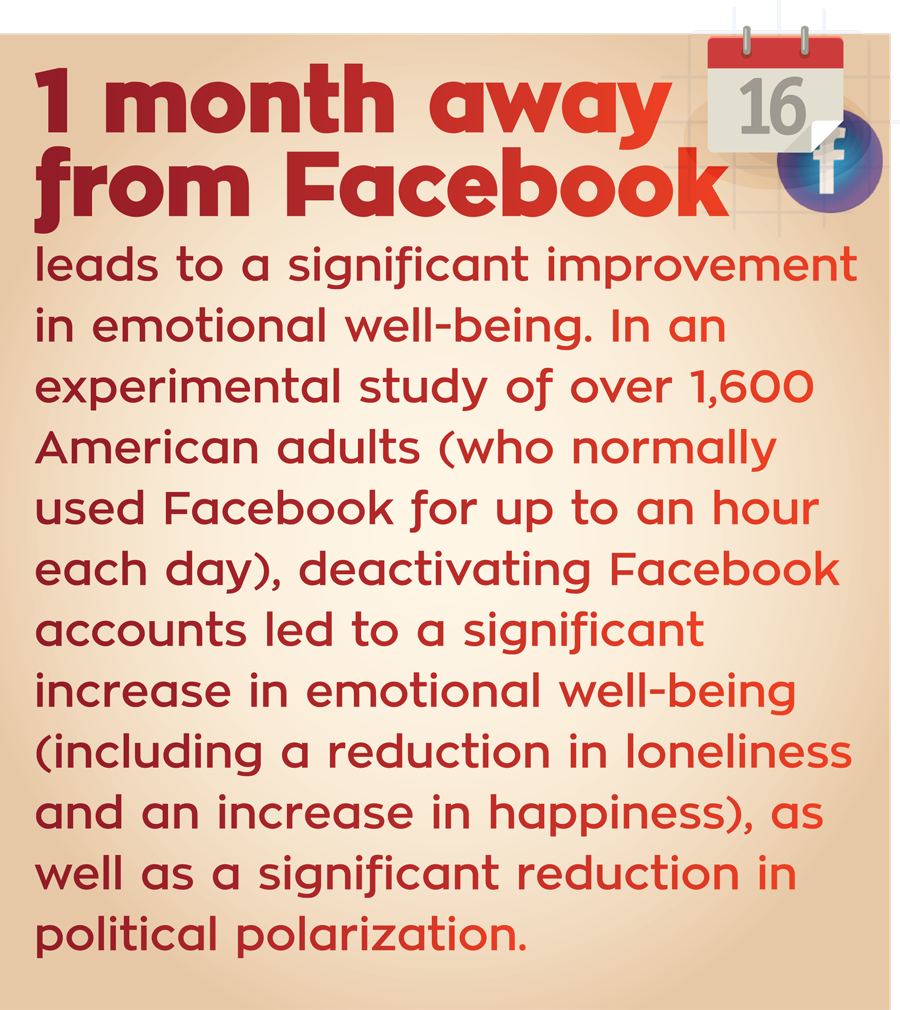
Indeed, God does know how our brains are being affected by modern media. As our loving Creator, God designed our brains to experience abundant joy in Him (John 10:10), and so He is the only one with the antidote to our modern media saturation problem.
The beauty of nature, the joy of family relationships, tasty and nutritious food, serving others, the study of His Word, physical labor, gardening, worship, Sabbath rest—every single way that He created for us to live an abundant life has actually been shown, in recent research studies, to increase happiness levels.
More media consumption, however, is consistently shown in studies to produce lower levels of happiness and higher levels of boredom in life. And unfortunately, though the Bible is “sweeter than honey” (Psalm 119:103), God’s Word captures the interest of very few these days.
Why is that? After all, the Bible is the most printed, best-selling, most read book in history. Well, Proverbs 27:7 says that the “sated” or “satiated” person will actually “loathe the honey.” It seems that we’ve become so “sated” (or satisfied) with worldly pleasures, so over-stimulated with modern media, that the Bible, by comparison, becomes uninteresting to our distorted mental taste buds.
However, if you talk to anyone who has done a 10-day media fast, you’ll hear quite the opposite. It goes something like this: “When I started my 10 days of abstaining from media, it was really hard and even painful at first. But after a few days I realized how much time I had for better things, and I started to enjoy reading my Bible, enjoy more time with loved ones, and enjoy nature and other simple pleasures.”
The Bible promises us that God withholds no good thing from us, and that He satisfies the desire of every living thing (Psalm 84:11, 145:16). So, if we give up some distraction, some media addiction that is occupying too much time and brain space in our lives, we may weep and lament at first, but our mourning will be turned to joy (John 16:20).
God invites us to try it out: “Taste and see that the Lord is good” (Psalm 34:8, KJV). If we exchange some of our media time for time in the Word of God we will find new meaning and purpose in a life lived in relationship with Jesus. “And this is eternal life, that they may know You, the only true God, and Jesus Christ whom You have sent” (John 17:3, NKJV).


 he mere presence of a mobile phone can disrupt the connection between two people, leading to reduced feelings of empathy, trust, and a sense of closeness. In a series of studies, researchers found that when pairs of strangers were asked to have meaningful conversations, their ability to connect emotionally was significantly reduced if a mobile phone was visible.
he mere presence of a mobile phone can disrupt the connection between two people, leading to reduced feelings of empathy, trust, and a sense of closeness. In a series of studies, researchers found that when pairs of strangers were asked to have meaningful conversations, their ability to connect emotionally was significantly reduced if a mobile phone was visible.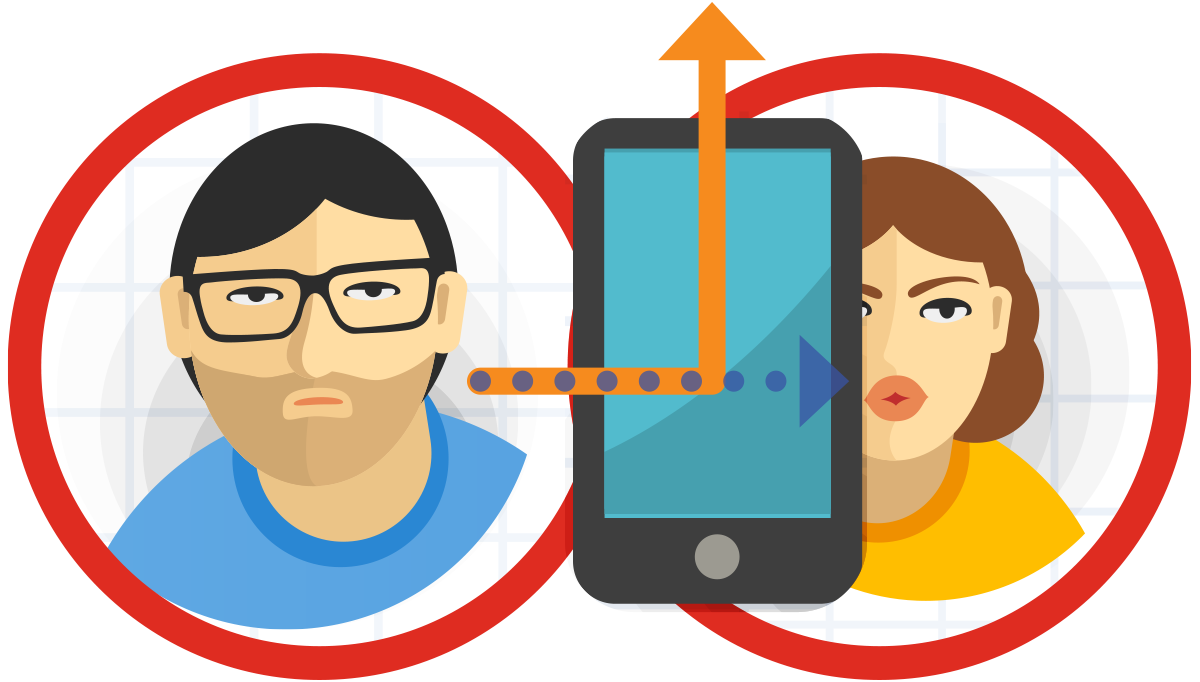



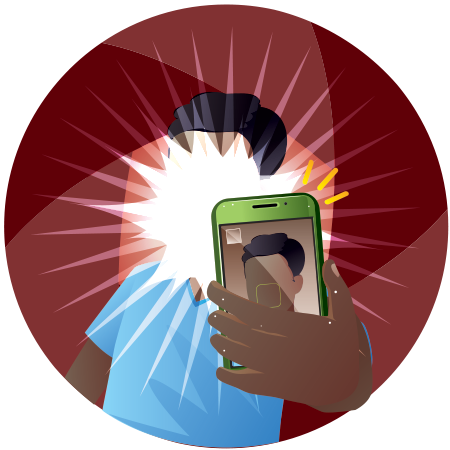




 fter nearly two decades in decline, high depressive symptoms for 13-18 year old teen girls rose by 65% between 2010-2017.
fter nearly two decades in decline, high depressive symptoms for 13-18 year old teen girls rose by 65% between 2010-2017.